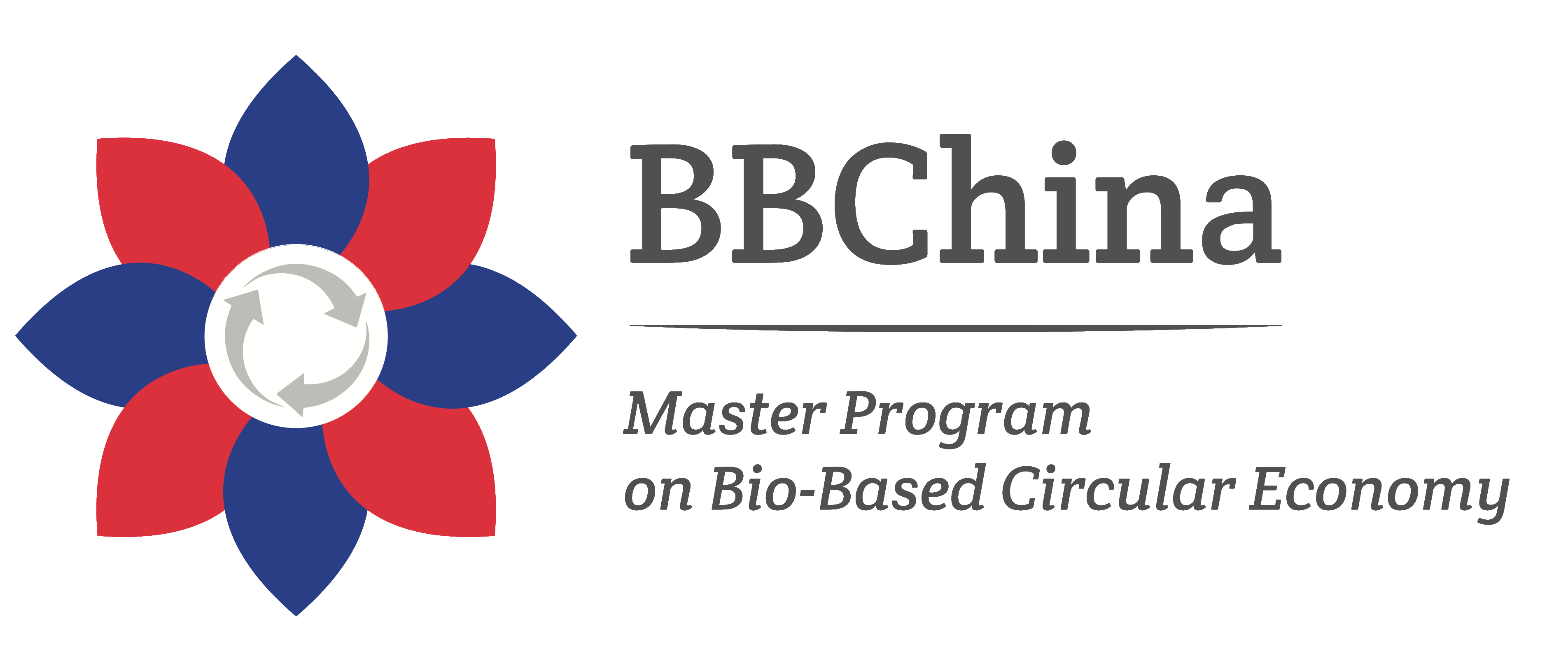The BBChina program adds a new research orientation under the existent second-level discipline (such as Environmental Engineering, Thermal Engineering), so it does not need the accreditation by the national level (Ministry of Education). For the sake of clarity, the “Second-level discipline” is what in terms of the BBChina general Syllabus a “Master Degree in” is, and the “research orientation” is the “Program in”.
In China, the university independently sets the second-level disciplines and awards the related degree (such as Environmental Engineering, Thermal Engineering, etc.).
The functional departments of the Ministry of Education will compile those disciplines that have been set by a certain number of degree-granting units and widely recognized by the society, and have trained large-scale students, into the Disciplines Catalogue. The second-level disciplines catalogue is updated every five years and the first-level disciplines catalogue is updated every ten years. To set up a new second-level discipline, it requires a relatively independent professional knowledge system, and the university should have a team of teachers with a reasonable knowledge structure, age structure and professional technical position structure, which can provide a series of courses, research projects, required for the training of graduate students.
Therefore, it usually takes long time to set up a new second-level discipline, and get accreditation by the Ministry of Education via the Catalogue.
Rules and legislation for accreditation in China
According to the “Subject catalogue setting and management method for degree awarding and personnel trainings” issued by State Council Academic Degrees Committee and Ministry of Education of the People’s Republic of China on Feb.25, 2009, the subject catalogue is divided into subjects (such as Engineering, Science, Philosophy etc.), first-level disciplines (for example, Environmental Science and Engineering) and second-level disciplines (for example, Environmental Science, Environmental Engineering, etc.). The adjustment of the first-level disciplines is carried out every 10 years. The procedure is as follows.
- A certain number of degree-granting units or relevant state departments shall propose an adjustment motion and submit an argumentation report in accordance with the provisions of Article 7 of this Method;
- The relevant disciplinary review committee of the Academic Degrees Committee of the State Council reviews the adjustment motion and the argumentation report and gives comments;
- The Office of the Academic Degrees Committee of the State Council proposes an adjustment plan based on the argumentation report and the expert review opinions;
- The Office of the Academic Degrees Committee of the State Council will again seek the degree-granting units and experts’ opinions;
- After being approved by the Academic Degrees Committee of the State Council and approved by the Ministry of Education, it will be compiled into a catalogue of first-level disciplines.
The second-level disciplines for granting master’s degree shall, in principle, be set and adjusted independently by the degree-granting unit (such as Tongji University) in accordance with the subject catalogue issued by the Academic Degrees Committee of the State Council and the Ministry of Education. The second-level disciplines catalogue is compiled every five years. On the basis of statistical analysis of the enrolment, degree awarding and employment of graduates of the existing second-level disciplines, the relevant functional departments of the Ministry of Education will compile those disciplines that have been set by a certain number of degree-granting units and widely recognized by the society, and have trained large-scale students, into second-level disciplines catalogue. To establish new second-level discipline that is not included in the catalogue, the degree-granting units shall propose the setup plan for the second-level discipline, and conduct necessary and feasibility argumentation. Under the same first-level disciplines, no more than 2 second-level disciplines can be added by the degree-granting units. The requirements to set up a new second-level discipline are as follows.
- It has a similar theoretical basis to other second-level disciplines under the first-level discipline, or different aspects of the subject of the first-level discipline.
- The second-level disciplines must have a relatively independent professional knowledge system, and some clear research directions have been formed.
- The society must have a certain amount of talent demand for the second-level discipline.
- The degree-granting unit shall have the discipline foundation and talent training conditions necessary for setting up the second-level discipline, and have a team of teachers with a reasonable knowledge structure, age structure and professional technical position structure, which can provide a series of courses required for the training of graduate students.
